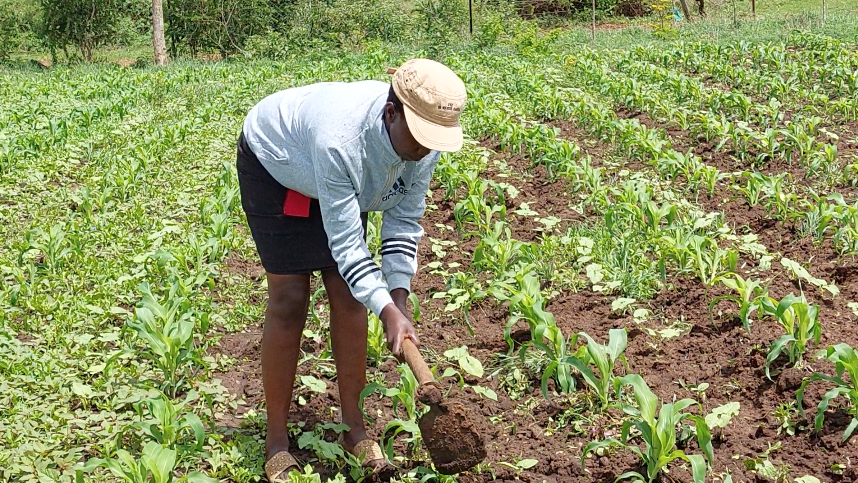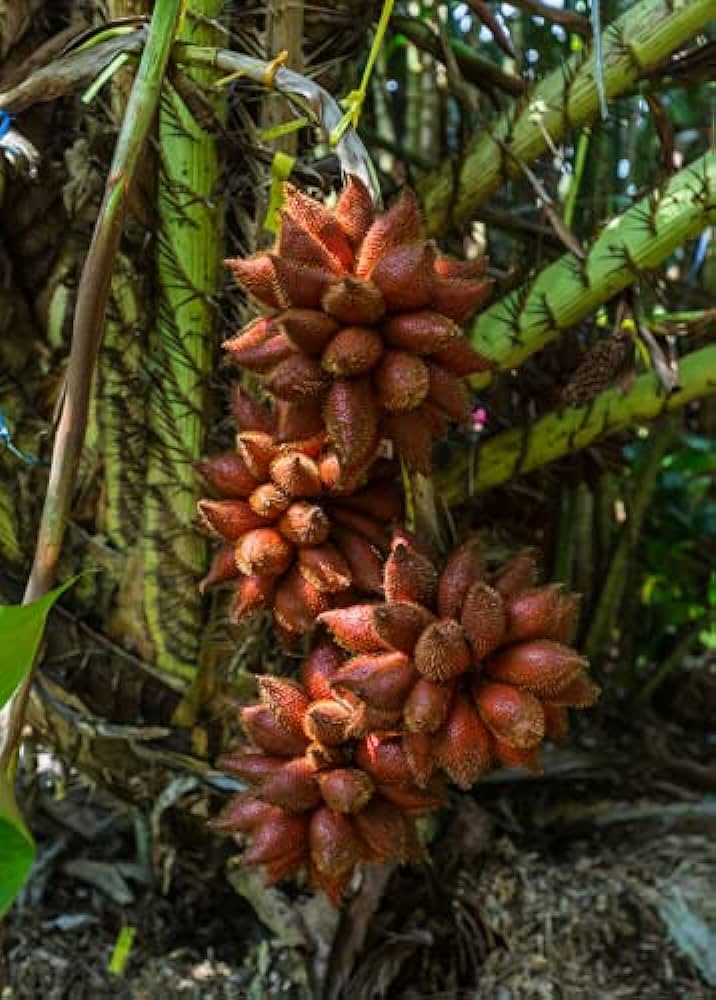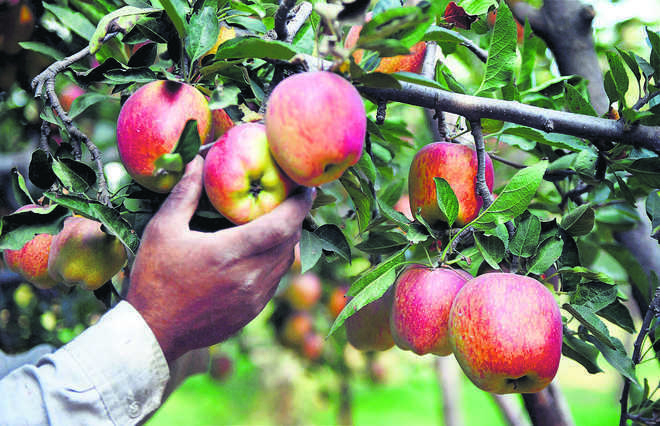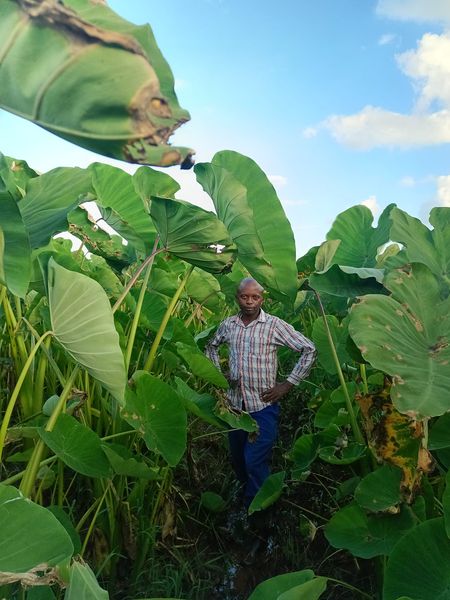It’s been a year since Rose Lubanga, a farmer from Migori County lost her husband who used to help her on the farm. Now, whenever there is too much work, she employs an extra person to help on the two-acre farm where she grows maize, beans and sweet potatoes to raise school fees for her children but also does vegetable farming for home consumption.
In rural Kenya, women play a key role in keeping a family together. They work as labourers, sell agricultural produce and start small enterprises to boost their income margin but they often have little say in how things are run in their communities.
After a long day’s work on the farm, these women still have to ensure their families are fed. Looking for money to buy food is just one part of their day-to-day, they still have to do the physically challenging and time consuming tasks of fetching water and firewood.
Despite this, they are agents of development if you like. Even with limited resources and cultural barriers, women are involved in community projects that gradually lift families from poverty.
Women typically invest more of what they earn into their families and communities — up to 90%, compared to men, who invest between 30% and 40%, according to UN data.
Limited land rights/Women own less than 2% of all titled land
Despite the toil, traditionally in some communities, land ownership is solely under the husband or children. The Kenya Land Alliance data shows women own less than 2% of all titled land, women also have less access to bank accounts and land or the produce from it can be sold by their husbands without the need to consult with them.
With this privilege it’s not uncommon to see men spend much of their day sitting in the most comfortable spots in the home waiting for the next meal, or out drinking alcohol.
“Most of the time the title deed is for the husband unless you are a widow that’s when the process of inheritance starts but the land is mostly for the husband,” said Rose.
I work with other women in this village and families differ. Some men help with work on the farm especially the hard jobs like tilling because we till our land using an ox-plough. So some men help with that and then women do the planting or weeding.
According to the United Nations International Fund for Agricultural Development (IFAD), women have significantly less access to education, property rights and limited control over resources like water, farm inputs and agri-finance to ease their burden of household duties.
According to a survey by the Agricultural Finance Corporation in Kenya (AFC) aimed at establishing the status of access to agricultural finance by women in Kenya, access to agricultural finance is below 15 per cent and while access to agri-finance is generally low for both women and men across the country, the levels are much lower for women
Labor-intensive and time-consuming activities further hinder women’s ability to improve their income-earning potential. For poor communities to prosper and grow, women’s needs and rights must be addressed.
The development of the rural economy in Kenya is one of the most important factors for the growth of the Kenyan economy. The economy is largely based on agriculture which accounts for 33 per cent of Kenya’s gross domestic product(GDP).
The agriculture sector employs more than 40 percent of the total population and 70 percent of the rural population.
By 2021, according to the World Bank, 71.51 per cent of Kenyans live in rural areas.
In Makueni County, I met Jaqueline Mbithe, she plants maize and beans on her one-acre land.
While speaking to us on the farm, she had to multitask soothing her baby. She harvests 15 bags of maize, sells ten bags, and keeps five for food. Jaqueline’s husband helps her with other roles on the farm.
“My husband helps me with tilling the land and also makes sure we get feed for the cows,” she said.

Jacqueline Mbithe, a farmer from Makueni County working on her farm.
Jaqueline has diversified her farming, she keeps cows for milk and chicken. She says is to make extra income.
Research shows that if women farmers had the same access to productive resources as men, they could increase yields by 20 to 30 percent and total agricultural output by 2.5 to 4 percent, lifting 100 to 150 million people out of hunger.
“Women around here do the same type of farming but most of them do not own the land. Women are not respected in our society that’s why they don’t allow them to own land…
If women can unite in groups and get help from the government to get farm inputs like fertiliser and seeds because they are expensive, we can make a difference,” said Jaqueline.
In the Kenyan rural setup, where the voices of the women and girls who live there are often overlooked, women’s leadership is particularly important.
According to an IFAD report, when women are economically and socially empowered, they become a potent force for change. In rural areas of the developing world, women play a key role in running households and make major contributions to agricultural production. But the inequalities that exist between women and men make it difficult for women to fulfill their potential.
Rose Lubanga in her final remark thinks women can be an agent of rural development if given priority.
“In my view, it would be wise to give rural women important roles or run rural development projects because women are hard-working and work with unity. Sometimes with men in projects, they turn to alcohol and that project fails. But mostly what I’ve seen is when women are given priority, projects succeed which is of benefit to children who are women’s responsibility. If rural women can be supported, they can hold down their communities in a huge way because mostly they take care of their families,” said Rose.
Another small-scale farmer from Makueni County Onesmus Katumo believes hard work will make a huge difference in rural development.
“I do farming for my daily upkeep. I plant maize and beans because they are easily accessible. As a man, my role in rural development is working hard in everything I do.” Said Onesmus.

Onesmus Katumo planting beans on his farm in Makueni County
Onesmus, inspiring to listen to believes women can be an agent of development in rural areas.
“In the community, women need to plan their work and support their husbands to be successful and grow. Women can bring positive change. Sometimes they form merry-go-rounds (Chamas) and use the money to make a lot of life progress which is good.”
Onesmus believes the issue of land ownership is not a problem. He says it’s just under his name but the land belongs to the family.
“I’m the one who has the title deed. It’s not like my wife doesn’t own the land, it’s just that the title deed is under my name but the land is for the family.” Said Onesmus.
According to the United Nations’ food agencies, hunger and famine will persist and there will be unequal recovery from the impacts of the COVID-19 pandemic unless more women in rural and urban areas hold leadership positions with increased decision-making power.
This report was written and produced as part of a media skills development programme delivered by the Thomson Reuters Foundation. The content is the sole responsibility of the author and the publisher.





